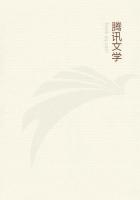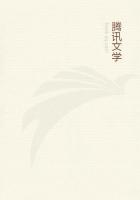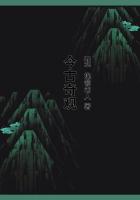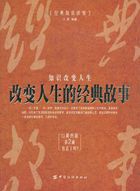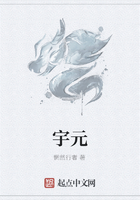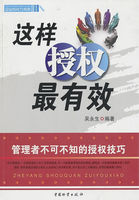'As to my personal attitude towards criticism, I confess in brief the following:- "If my works are good and of any importance whatever for the further development of art, they will maintain their place in spite of all adverse criticism and in spite of all hateful suspicions attached to my artistic intentions. If my works are of no account, the most gratifying success of the moment and the most enthusiastic approval of as augurs cannot make them endure. The waste-paper press can devour them as it has devoured many others, and I will not shed a tear . . . and the world will move on just the same."'--RICHARD STRAUSS.
The contents of this volume require some explanation of an historical nature. It is scarcely realised by the present generation that Wilde's works on their first appearance, with the exception of De Profundis, were met with almost general condemnation and ridicule. The plays on their first production were grudgingly praised because their obvious success could not be ignored; but on their subsequent publication in book form they were violently assailed. That nearly all of them have held the stage is still a source of irritation among certain journalists. Salome however enjoys a singular career. As every one knows, it was prohibited by the Censor when in rehearsal by Madame Bernhardt at the Palace Theatre in 1892. On its publication in 1893 it was greeted with greater abuse than any other of Wilde's works, and was consigned to the usual irrevocable oblivion. The accuracy of the French was freely canvassed, and of course it is obvious that the French is not that of a Frenchman. The play was passed for press, however, by no less a writer than Marcel Schwob whose letter to the Paris publisher, returning the proofs and mentioning two or three slight alterations, is still in my possession. Marcel Schwob told me some years afterwards that he thought it would have spoiled the spontaneity and character of Wilde's style if he had tried to harmonise it with the diction demanded by the French Academy. It was never composed with any idea of presentation. Madame Bernhardt happened to say she wished Wilde would write a play for her; he replied in jest that he had done so. She insisted on seeing the manuscript, and decided on its immediate production, ignorant or forgetful of the English law which prohibits the introduction of Scriptural characters on the stage. With his keen sense of the theatre Wilde would never have contrived the long speech of Salome at the end in a drama intended for the stage, even in the days of long speeches. His threat to change his nationality shortly after the Censor's interference called forth a most delightful and good-natured caricature of him by Mr. Bernard Partridge in Punch.
Wilde was still in prison in 1896 when Salome was produced by Lugne Poe at the Theatre de L'OEuvre in Paris, but except for an account in the Daily Telegraph the incident was hardly mentioned in England.
I gather that the performance was only a qualified success, though Lugne Poe's triumph as Herod was generally acknowledged. In 1901, within a year of the author's death, it was produced in Berlin; from that moment it has held the European stage. It has run for a longer consecutive period in Germany than any play by any Englishman, not excepting Shakespeare. Its popularity has extended to all countries where it is not prohibited. It is performed throughout Europe, Asia and America. It is played even in Yiddish. This is remarkable in view of the many dramas by French and German writers who treat of the same theme. To none of them, however, is Wilde indebted.
Flaubert, Maeterlinck (some would add Ollendorff) and Scripture, are the obvious sources on which he has freely drawn for what I do not hesitate to call the most powerful and perfect of all his dramas.
But on such a point a trustee and executor may be prejudiced because it is the most valuable asset in Wilde's literary estate. Aubrey Beardsley's illustrations are too well known to need more than a passing reference. In the world of art criticism they excited almost as much attention as Wilde's drama has excited in the world of intellect.
During May 1905 the play was produced in England for the first time at a private performance by the New Stage Club. No one present will have forgotten the extraordinary tension of the audience on that occasion, those who disliked the play and its author being hypnotised by the extraordinary power of Mr. Robert Farquharson's Herod, one of the finest pieces of acting ever seen in this country.
My friends the dramatic critics (and many of them are personal friends) fell on Salome with all the vigour of their predecessors twelve years before. Unaware of what was taking place in Germany, they spoke of the play as having been 'dragged from obscurity.' The Official Receiver in Bankruptcy and myself were, however, better informed. And much pleasure has been derived from reading those criticisms, all carefully preserved along with the list of receipts which were simultaneously pouring in from the German performances.
To do the critics justice they never withdrew any of their printed opinions, which were all trotted out again when the play was produced privately for the second time in England by the Literary Theatre Society in 1906. In the Speaker of July 14th, 1906, however, some of the iterated misrepresentations of fact were corrected. No attempt was made to controvert the opinion of an ignorant critic: his veracity only was impugned. The powers of vaticination possessed by such judges of drama can be fairly tested in the career of Salome on the European stage, apart from the opera.



